
Grades:
6th Grade
Students discover how plants and soils interact by observing root growth, considering the function of a plant’s roots, modeling the movement of water into the roots, and investigating the movement of

Grades:
8th Grade, 9th Grade, 10th Grade, 11th Grade
In this lesson, students will explore the relationship between current, voltage, and resistance in an electrical circuit. Using a PhET Simulation, they will collect data and graph voltage vs current

Grades:
9th Grade, 10th Grade, 11th Grade, 12th Grade
Students will explore the historical use of natural pigments by indigenous peoples, particularly those native to the Southwest region. They will use mathematical concepts to paint using the pigments
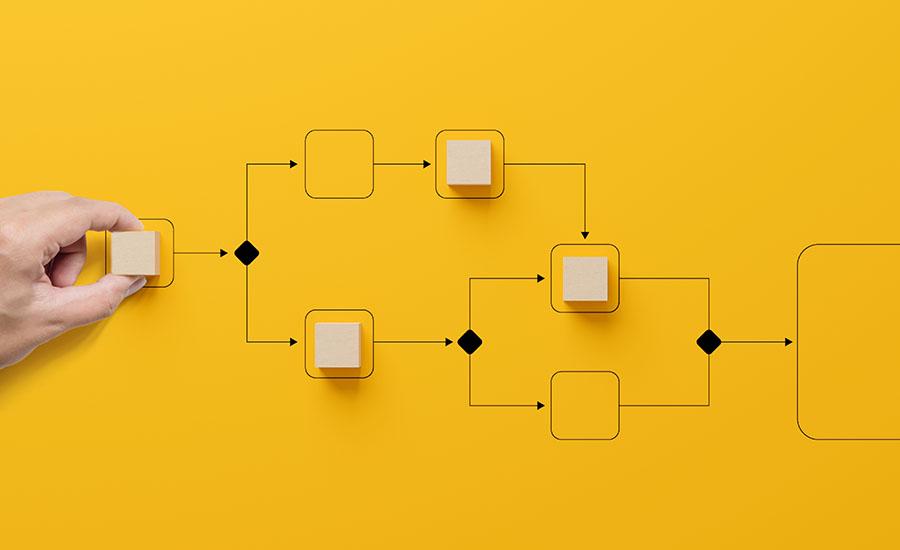
Grades:
9th Grade, 10th Grade
Students will understand and apply geometric concepts such as symmetry, angles, and scaling in the context of labyrinth design.

Grades:
6th Grade, 7th Grade, 8th Grade
This is an introductory investigation to how light behaves in an electromagnetic spectrum unit. This is prior to any content being taught at the subject and is a way to spark inquiry and for students
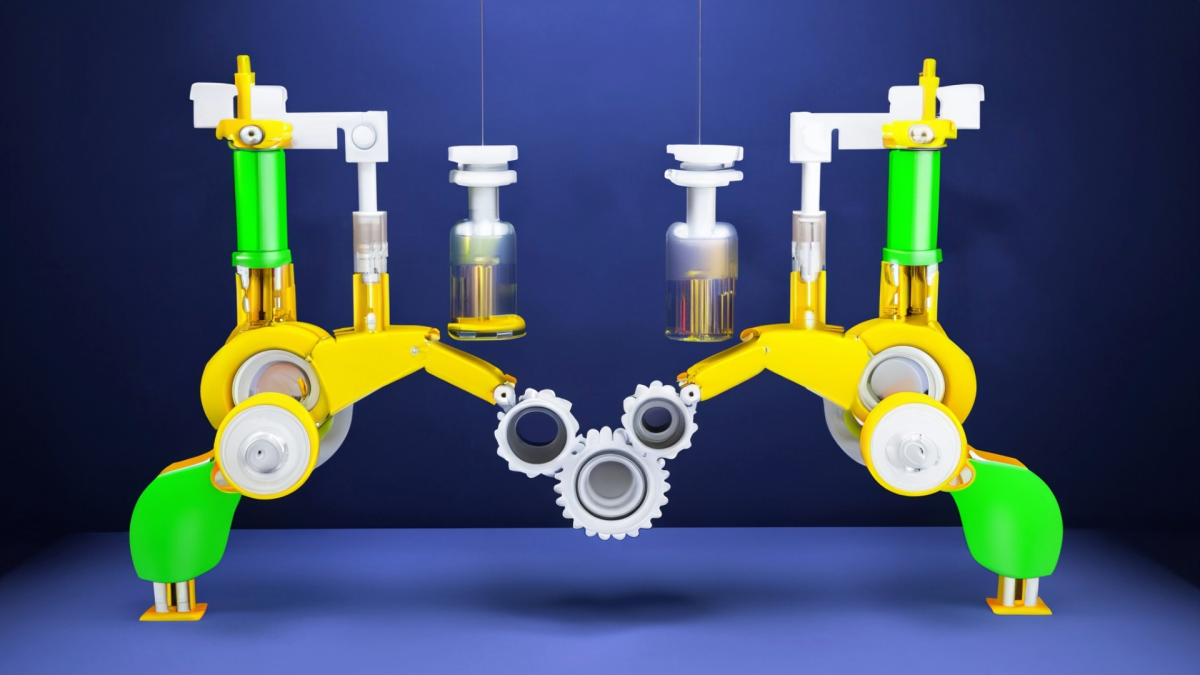
Grades:
Kindergarten, 1st Grade, 2nd Grade, 3rd Grade, 4th Grade, 5th Grade, 6th Grade, 7th Grade, 8th Grade, 9th Grade, 10th Grade, 11th Grade, 12th Grade
Button makers are great additions in the classroom! But first, students should learn the history of buttons, about the button machine and how to operate it. Challenge cards provided inspire students

Grades:
9th Grade, 10th Grade, 11th Grade, 12th Grade
In this hands-on STEM lesson, students take on the role of engineers tasked with developing an autonomous robotic solution for a complex real-world challenge. They explore the fundamentals of robotics
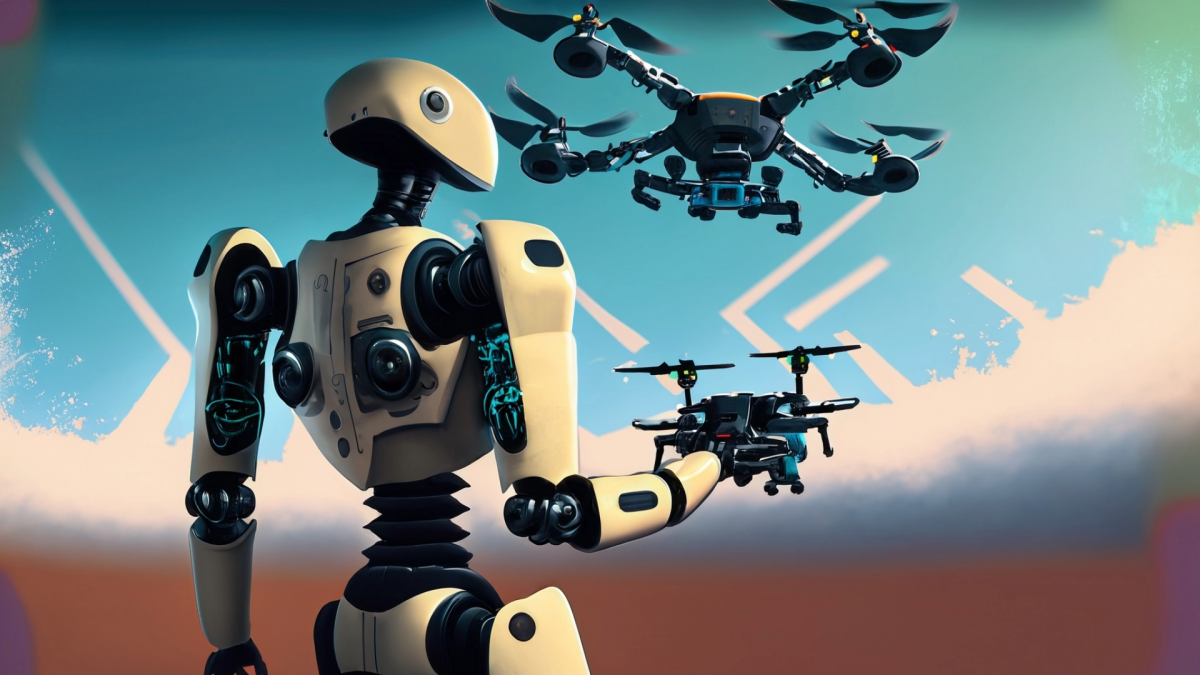
Grades:
Kindergarten, 1st Grade, 2nd Grade, 3rd Grade
Students will learn about the engineering design process by working in small groups to identify a problem, then design and create a solution, inspired by the main character's creativity and problem

Grades:
6th Grade, 7th Grade, 8th Grade
This lesson helps engage student voice in developing stronger research questions and projects on topics about which they are interested, curious, and passionate. The Question Formulation Technique

Grades:
6th Grade, 7th Grade, 8th Grade
Money, creative urge, ego, desire to help others, intellectual challenge and curiosity - inventors develop ideas for all of these reasons and all are valid, according to Invention City. During this
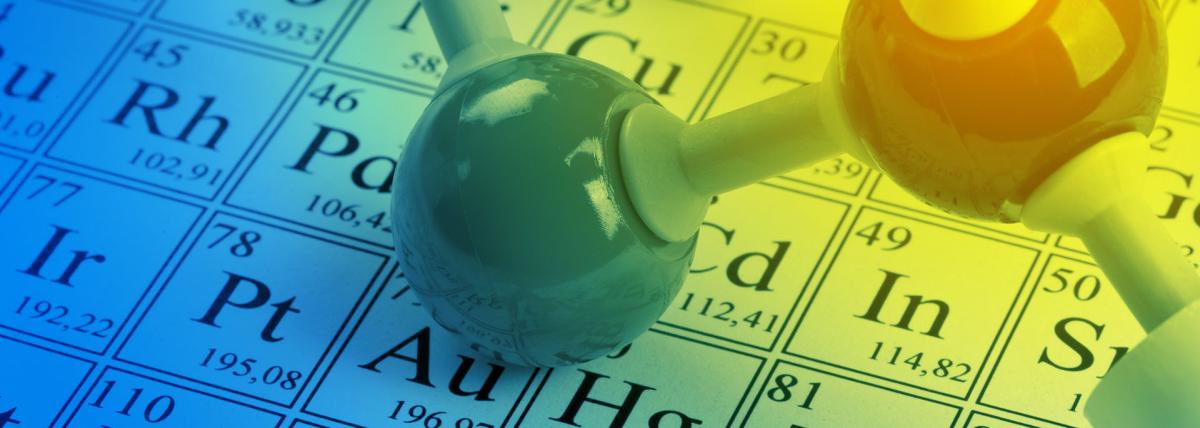
Grades:
5th Grade
Students will observe different changes in food and through research determine if the changes are physical or chemical in nature. The students will be able to determine the type of change taking place

Grades:
9th Grade, 10th Grade, 11th Grade, 12th Grade
In this real-world STEM lesson, students take on the role of product planners at Apple to determine the optimal production mix of iPhone 16 colors that maximize profit while considering demand
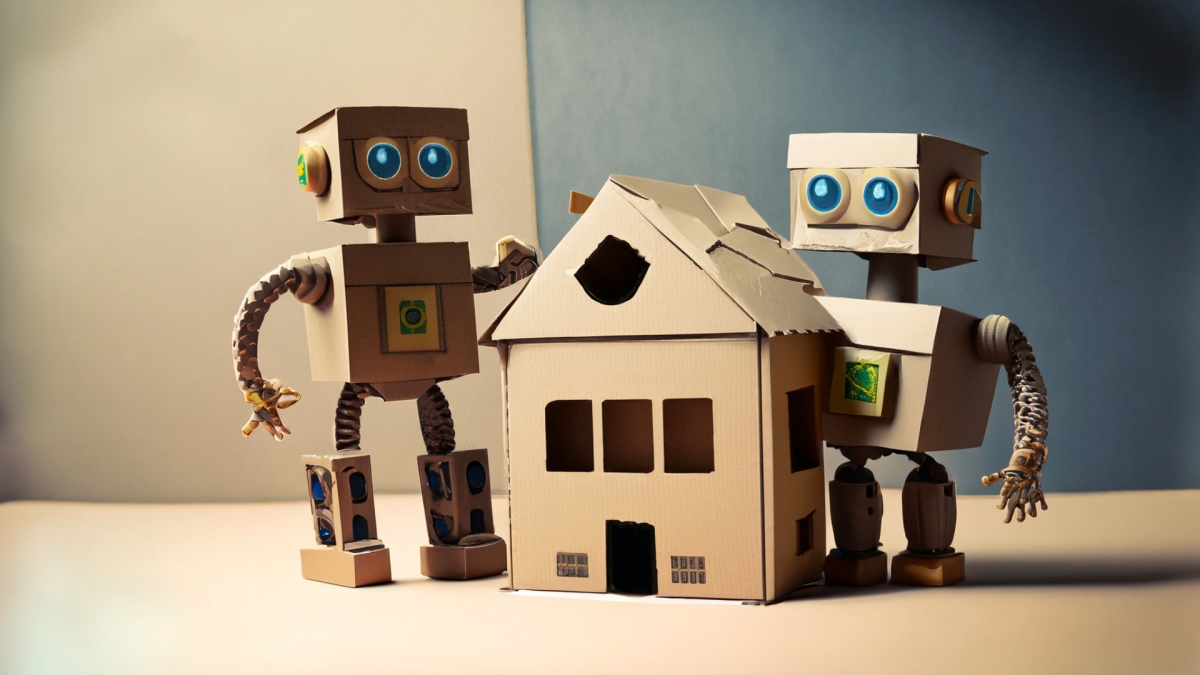
Grades:
3rd Grade, 4th Grade, 5th Grade
This lesson encourages students to use their imagination, design and construct something out of cardboard and other recyclables if you choose. Students will first be inspired by reading Pete the Cat’s

Grades:
Kindergarten, 1st Grade, 2nd Grade
Using the book There Was a Coyote Who Swallowed a Flea, students will participate in a lesson about desert animals, learn facts about coyotes, then work in small groups to code "coyote" robots to

Grades:
10th Grade, 11th Grade, 12th Grade
From learning the basics of the endocrine system (organs) to creating a 3d visual model of a patient and demonstrating how hormones are released across the body, students will go from simple to

Grades:
Kindergarten, 1st Grade, 2nd Grade
Teachers don't talk trash, they talk COMPOST!! Compost is the best way to teach students the value of community as they create a Classroom Compost Program. In this 3-day introductory lesson, students
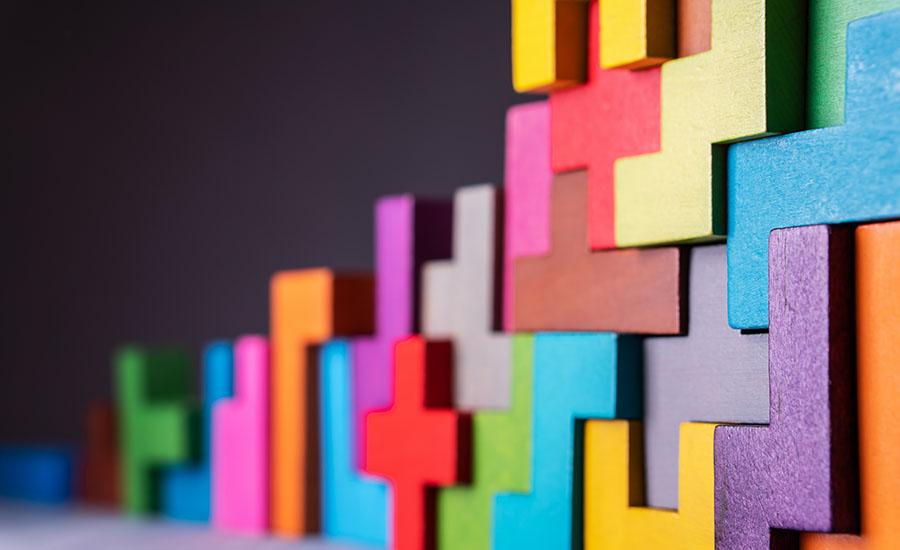
Grades:
6th Grade
In this series of lessons, students will be doing a hands-on investigation of 3D shapes and their nets, discovering Euler's formula for 3D shapes, and building both an icosahedron and a geodesic dome.
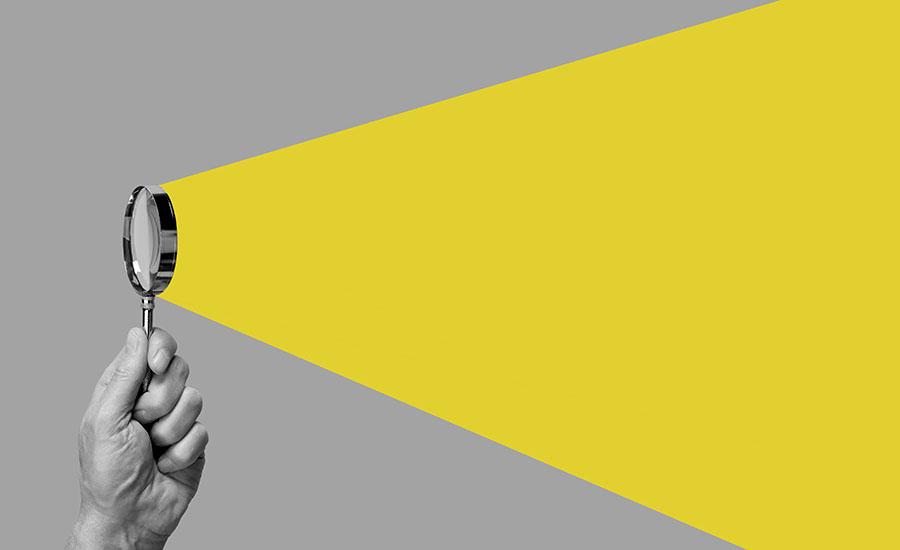
Grades:
4th Grade
Students use knowledge of light and shadows to create and perform a shadow puppet performance.

Grades:
4th Grade
Students learn vocabulary and learn about how light and shadows interact. Students explore using flashlights and making shadow hand puppets.

Grades:
6th Grade, 7th Grade, 8th Grade, 9th Grade, 10th Grade, 11th Grade, 12th Grade
Students will pick an issue that they think exists in the world and propose a solution via a presentation. This will model a TedTalk.

Grades:
2nd Grade
This is a week long review activity to be done outdoors on student devices. Students will complete physical/ outdoor activities and see how math fits into their daily life. This is meant to be done in

Grades:
6th Grade, 7th Grade, 8th Grade
In this project, students practice using scale by designing and crafting items for a model bedroom using a 1:12 scale ratio. They learn how to accurately shrink real-world dimensions down to miniature

Grades:
2nd Grade, 3rd Grade, 4th Grade
Students learn about the gila woodpecker as well as the 5 S's of birdwatching. Students then make observations of birds in their schoolyard, summarize the findings on a graph and slideshow, and design

Grades:
7th Grade
In this lesson students will learn about Frank Lloyd Wright's concept for Broadacre City and then create their own acre plot of land and home facade according to Frank Lloyd Wright's idea.
